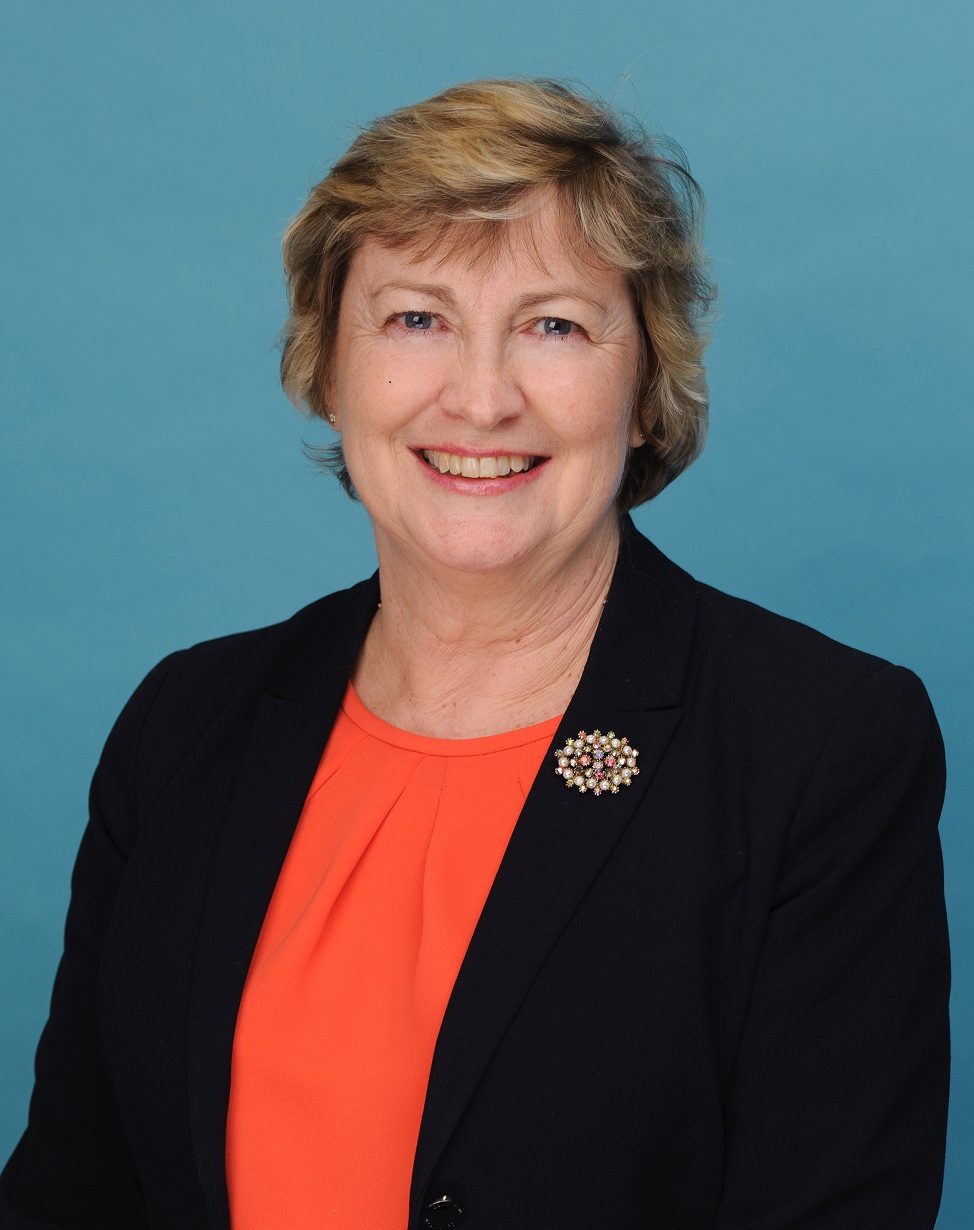Diversity pioneer Debbie Clarke, Mercer’s Global Research Chair, gives us her ‘exit interview’ as gender lens investing has just been given a huge boost.

CV Debbie Clarke
- Global Research Chair Mercer 2005-present.
- Consultant Watson Wyatt 2003-2005.
- Portfolio Manager F&C Asset Management 1983-2003.
- University of Plymouth Business Studies 1979-83.
The 2X Challenge, founded by the Development Finance Institutions of the G7 nations, has just announced it would raise $15bn for gender-lens investment after surpassing its original target by 100%.
Jessica Espinoza, Chair of the 2X Challenge, observed: this “incredible increase in gender lens investing… will play a vital role …in the post-COVID-19 recovery.”
This milestone seems a good time to consider the career of one of diversity’s greatest champions, Debbie Clarke, Global Research Chair of Mercer, the American asset management consultant.
Clarke has been hugely influential on gender issues. In analysing data on key decision makers she has helped prove that more diverse teams generate better results.
Clarke says ‘exit interviews’ are crucial for understanding businesses, and since she leaves Mercer at the end of this month, we conduct one with her.
US ahead of Europe in gender diversity
Clarke tells us Mercer has seen a rise in gender lens investing. “We’ve seen a few strategies being created where they are engaging with companies to get better gender diversity,” Clarke says. “Our end-investors want to know they are investing in companies who care about these things.”
Project Sage, a Wharton Social Impact Initiative, found that gender lens investment had quadrupled to $4.8bn by 2019 and that 138 fund managers were investing with a gender lens.
But this sum was still small in the context of total global capital. Clarke tells us nearly all of Mercer’s ‘request for proposals’ on gender lens investing have come from North America.
“Europe is more focussed on climate than important social issues like gender.” For example, the kind of quotas for women-owned businesses seen in public pension funds in the States do not really exist in Europe.
Last week’s news of the 2X Challenge takes gender investing to a new level, and Clarke has helped compose the mood music.

Her tenure as Global Chair of Research has seen Mercer do pioneering work on what she describes as “the importance of ‘cognitive diversity’ in decision making.” This intellectual climate has encouraged investors to push companies to give women better representation at board level.
Diversity creates outperformance
Calvert Impact Capital concurred with Clarke. In its report in 2018, Just Good Investing [PDF] it analysed its portfolio and found clear evidence that “on average, companies with the highest female representation in board and leadership positions outperformed those with the least.”
In consequence, BlackRock announced in 2018 it would encourage companies to have at least two women directors on their board.
In the States, consultancy McKinsey believes that real change is happening. “Between January 2015 and January 2020, representation of women in senior-vice-president positions grew from 23 to 28%, and representation in the C-suite grew from 17 to 21%.”
Clarke’s own rise wasn’t so smooth. She attended what she describes as a ‘less academic’ polytechnic, far from London, which required a ‘sandwich year’ working in business.
Clarke had to work as a personal assistant to an investment manager. “I was a terrible PA, but a great investment analyst,” she confesses. She rose to lead the team.
Clarke left investment management following a merger where, despite her success, all the senior posts were given to men. She crossed to consulting, first at Watson Wyatt, then Mercer, and has never looked back.
Finance industry ‘way behind’
Finance “has frankly been glacial in its move towards greater gender diversity,” she says. In her view it “is way behind other industries.”
Looking back over her 40 years in investment, Clarke tells us “there has been some change but not enough. This is going to take several years to work out.”
A recent Morningstar analysis found there were more UK funds run by someone called ‘Dave’ than by women. ‘Dave’ runs 68 funds, women collectively just 45. It’s just as bad elsewhere in Europe.
In Italy, 39 funds are run by men called Andrea, while there are just 23 women fund managers in total. Even the best country, Spain, still only reaches an 80:20% gender split. Hardly gender parity.
Clarke says this is a real shame because an increasing body of research shows the importance of gender diversity in better decision making.
According to Citywire’s 2018 Alpha Female report [PDF], mixed-gender management teams produce better returns than single-gender teams.
Interestingly, Fidelity’s analysis of its own eight million retail customers found that portfolios owned by women tended to outperform those of men, a phenomenon also cited by Wells Fargo. They reported women avoided frittering away returns with excess trading and stuck better to investment plans.
Start with change in recruitment
Clarke says several things need to change: a lack of proper parental leave, inflexible working arrangements, the absence of mentoring programmes.
Talent must be managed along the career path, and greater diversity comes from a considered approach at every stage – beginning with recruitment. Clarke says, “recruitment policies are crucial.”
In their Fund manager’s guide to gender smart investing, development banks CDC and IFC suggest changing job descriptions to recruit ‘capabilities’, not experiences, and demystifying the skills needed for the role, ensuring language encourages both female and male applicants.
The guide cites RockCreek, which looks outside the traditional pools from which private equity talent is sourced and hires based on capabilities, including analytical problem-solving and quantitative analysis instead of solely finance sector experience.
Collecting data is important: a telling statistic is that female fund managers earn 69 cents on their male equivalent’s dollar.
But Clarke believes “we must go beyond the data – better equity and inclusion are priorities.” She says Mercer is increasingly asking questions that seek to probe fund managers’ corporate culture, ensuring boards better understand the kind of culture “where women thrive.” Groupthink is the father of bad decisions.
Clarke may be stepping down at Mercer, but assures us “I would like to have some voice still on women’s issues, something I’m quite passionate about.”
She is hoping to coach senior women business leaders and persuade them to be role models for young women starting careers. Surveying her own achievements, she concludes – “I hope I have been a good role model.”






